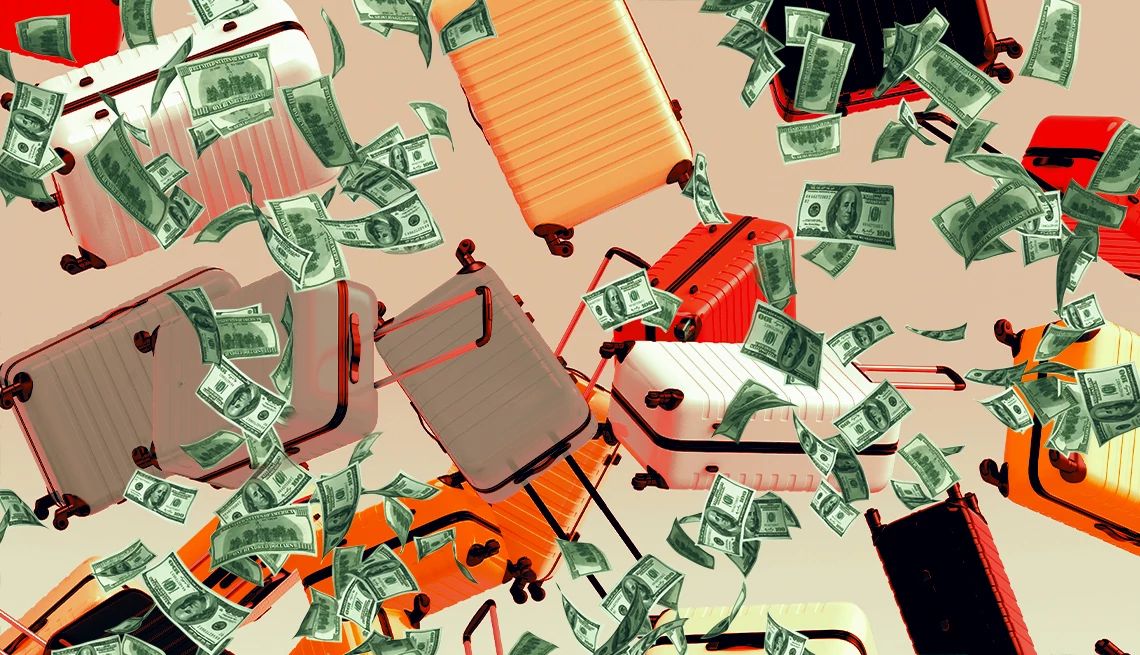AARP Hearing Center


Americans ages 50 and up say they planned to spend an average of more than $6,847 dollars on vacations in 2025, an AARP survey found. Nearly all (95 percent) say they believe travel is good for their mental health.
Unfortunately, sometimes a dream trip can turn into a financial nightmare. The Federal Trade Commission (FTC) received more than 58,000 reports of fraud linked to travel, vacations and time-share plans in 2024. (Check out this AARP guide on time-share exit scams).
The Better Business Bureau (BBB) Scam Tracker includes many complaints, including one from a man who reported losing $440 when a travel consultant, who’d lied about his credentials, said he’d paid the client’s flight cancellation fee but hadn’t. Another consumer said she had $975 stolen from her by a travel agent who was supposed to book her a hotel in Aruba but took the cash instead.
But travel scams are getting harder to detect, due to the wide availability of AI tools, allowing criminals to create high-quality fake websites to tout packaged holidays, vacation rentals, or cruise tickets. “They copy legitimate listings for other websites and just pop them onto a new website,” says Darius Kingsley, head of consumer banking practices at Chase. “People might not realize how modern tools make this so easy.”
Common travel scams
1. Fraudulent travel services online
There are loads of fake travel company websites touting hotels, car rentals or other services. You can often find clues (such as misspellings) that a site isn’t legit, but, again, AI tools can help criminals create more professional-looking websites, without the typos and grammar mistakes, says attorney and scam authority Steven Weisman. Scammers create these sites “to lure you into clicking on malware-infected links or provid[ing] credit card or debit card information,” Weisman notes on his website, Scamicide.com.
2. Free trips and bargains from unsolicited sources
Bogus travel deals can arrive through emails, text messages, social media, postcards, robocalls and online pop-up ads. Even if they look real — some scammers copy the logos of legitimate businesses — treat these offers with extreme caution. They will typically advertise free trips to get your attention, then charge hundreds of dollars in fees and taxes, the FTC warns. Specifics about the trip are often missing: Instead you’ll see vague references to “five-star” resorts or “luxury” cruises (AARP offers specific advice on cruise scams).







































































More From AARP
What to Know About the Latest Amazon-Impostor Scams
Be aware of the latest ways criminals use the company’s name to steal from consumersWhat to Do If You've Just Been Scammed
How one woman worked quickly — with help — to avoid being charged through PayPal
How a Connecticut Woman Lost $165,000 in an FBI Impersonation Scam
Her large cash withdrawals didn’t raise red flags at her bank. She wishes they had